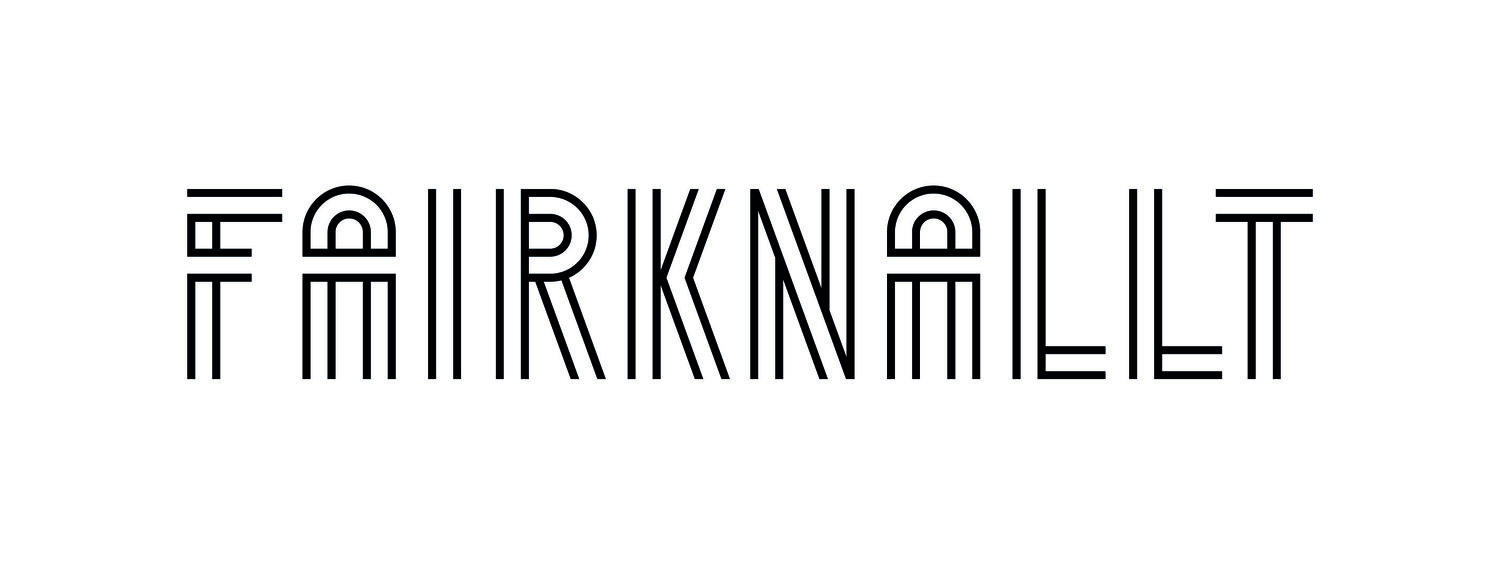Fillipa K
Die Entwürfe von Filippa K sind unabhängig von der Zeit, einerseits modern, andererseits klassisch. Kurz gesagt, man kann Filippa K ewig tragen. Damit das Wirklichkeit wird, möchten sie bis 2030 ein zirkulär wirtschaftendes Unternehmen werden. Die ambitionierten Ziele probierte das Unternehmen zwischen 2016 und 2018 mit den sogenannten Front Runners in die Tat umzusetzen. Diese Produkte wurden von Anfang bis Ende zirkulär gedacht und dazu genutzt, Erkenntnisse für die gesamten Kollektionen der Zukunft zu ziehen. Ein Musterbeispiel dafür, wie große Brands eine Transformation zur nachhaltigen Marke vollziehen können. Mittlerweile sind daraus grundlegende Designprinzipien entstanden, nach denen Filippa K alle Designs produzieren lässt.
Filippa K möchte sich bis 2030 aus ökologischer Sicht auf die ausschließliche Verwendung nachhaltiger und recycelbarer Materialien fokussieren und die Produktion nach Bedarf und Erwerb von exakten Materialmengen ausrichten. Dazu bauen sie Lieferketten neu auf, die z.B. bisher kaum genutzte Wolle von schwedischen Schafen nutzt oder wählen ihre Fasern aufgrund einer nachhaltigkeitsorientierten Matrix aus, die natürliche oder recycelte Materialien gegenüber konventionellen bevorzugt. Darüberhinaus entwickelt Filippa K immer mehr Textilien, die nur aus einem Material produziert werden, so dass diese am Ende des Lebens, sortenreine voneinander getrennt und recycelt werden können. Ein weiterer wichtiger Schritt ist die Messung der tatsächlichen Orderzahlen, um festzustellen, ob und warum Kunden bspw. Teile mit nachhaltigen Materialien nicht ordern.
Bei den Sozialstandards setzt das Unternehmen auf die vollständige Rückverfolgbarkeit und Transparenz entlang der gesamten Lieferkette, gute und faire Arbeitsbedingungen und langfristige Beziehungen. Dafür hat sich Filippa K der Fairwear Foundation angeschlossen und stellt so sicher, dass die Arbeitsbedingungen in der Fertigung kontinuierlich besser werden. Dabei werden gemeinsam mit der FWF Ziele vereinbart und in regelmäßigen Abständen deren Umsetzung in Rahmen von Audits überprüft und nachgebessert. Gleichzeitig gibt die FWF die Möglichkeit auf ggf. auftretende Missstände zu reagieren, diese zu beseitigen oder bei Bedarf die Lieferbeziehung zu beenden. Letzteres ist jedoch nur eine Option, wenn der Partner nicht zu Verbesserungen bereit ist. Filippa K hat zur Zeit den zweitbesten Status "Good" im Ranking erreicht. Dieser bedeutet, dass das Unternehmen ernsthaft daran arbeitet, die Lieferantenbeziehungen fair zu gestalten und dabei im Branchenvergleich sehr weit vorangeschritten ist. Um den besten Status "Leader" zu erreichen arbeitet Filippa K. bspw. mit der FWF daran das Thema Living Wage auszuarbeiten.
Filippa K designs are independent of time, modern and at the same time classic. In short, you can wear Filippa K forever. To make that a reality, they want to become a circular company by 2030. The company tried to put its ambitious goals into practice between 2016 and 2018 with the so-called Front Runners. These products were designed to be circular from start to finish and used to draw insights for the entire collections of the future. A prime example of how big brands can make a transformation to a sustainable brand. In the meantime, basic design principles have emerged from this, according to which Filippa K has all its designs produced.
Filippa K wants to focus on the exclusive use of sustainable and recyclable materials by 2030 from an ecological point of view and align production according to demand and purchase of exact quantities of materials. To do this, they are rebuilding supply chains that, for example, use wool from Swedish sheep, which has hardly been used so far, or select their fibers based on a sustainability-oriented matrix that favors natural or recycled materials over conventional ones. In addition, Filippa K is developing more and more textiles that are produced from only one material, so that at the end of life, they can be separated from each other, sorted by type, and be recycled. Another important step is the measurement of actual order numbers to determine whether and why customers do not order parts with sustainable materials.
In terms of social standards, the company focuses on full traceability and transparency along the entire supply chain, good and fair working conditions and long-term relationships. To this end, Filippa K has joined the Fairwear Foundation and thus ensures that working conditions in manufacturing are continuously improving. Targets are agreed together with the FWF and their implementation is checked and improved at regular intervals in audits. At the same time, FWF provides the opportunity to react to any grievances that may arise, to eliminate them or, if necessary, to terminate the supply relationship. However, the latter is only an option if the partner is not prepared to make improvements. Filippa K has currently achieved the second-best "Good" status in the ranking. This means that the company is working seriously to make supplier relationships fair and has made very good progress in this respect compared with the rest of the industry. In order to achieve the best "Leader" status, Filippa K. is working with FWF, for example, on the Living Wage issue.© Filippa K

